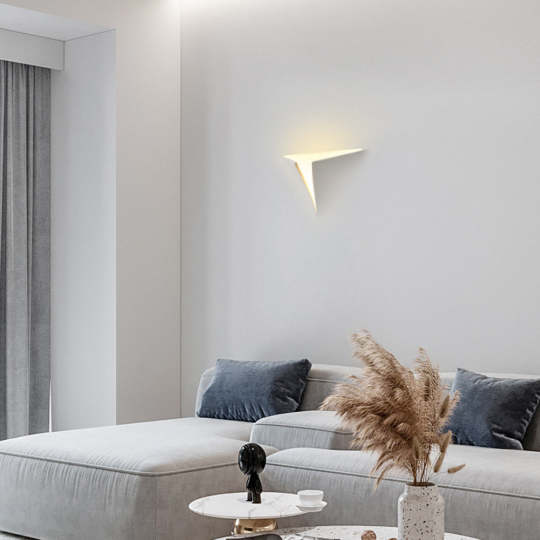Transform Your Living Room: Discover the Secret to Perfect Lighting That Captivates!
Lighting is more than just a functional necessity; it plays a pivotal role in crafting the perfect atmosphere in your living room. The right lighting can enhance the aesthetic appeal of your space, boost its functionality, and create an inviting ambiance that reflects your personality. Imagine hosting a cozy get-together with friends, where the warm glow of your living room lighting sets the mood for laughter and conversation. In this article, we will explore various types of lighting options, ensuring that you have all the knowledge needed to transform your living space into a haven of comfort and style.

Understanding the Role of Lighting in Your Living Room
The core purposes of lighting in your living room can be boiled down to three essential elements: aesthetic appeal, functionality, and mood setting. Proper lighting can change the perception of space, making it feel larger, cozier, or even more sophisticated. For instance, I remember a friend’s living room that felt cramped and dull due to harsh overhead lights. After she switched to softer, layered lighting, the space felt more inviting and spacious. Whether you’re entertaining guests or enjoying a quiet evening with a book, the right lighting can make all the difference in how you experience your living room.
Types of Lighting for the Living Room
When it comes to lighting your living room, understanding the three main types of lighting is essential: ambient, task, and accent lighting. Each type serves a unique purpose and, when combined, creates a harmonious and functional lighting scheme. Ambient lighting provides the overall illumination of the room; task lighting focuses on specific areas for activities; and accent lighting highlights features or decorative elements. By utilizing these three layers of light, you can achieve a well-balanced and inviting atmosphere.
Ambient Lighting
Ambient lighting is the foundation of any well-lit living room. It offers general illumination and encompasses various options such as overhead fixtures, wall sconces, and natural light sources. A large, elegant chandelier can serve as a stunning centerpiece while providing ample light. Alternatively, wall sconces can add a touch of sophistication and warmth to the room. Don’t forget about the importance of natural light; large windows not only brighten the space during the day but also create a sense of openness. In my own living room, I’ve found that using a combination of recessed lighting and a stylish floor lamp creates a cozy yet bright environment, perfect for any occasion.
Task Lighting
Task lighting is essential for specific activities that require focused light, such as reading, working, or crafting. Consider adding table lamps next to your favorite armchair or adjustable floor lamps that can be directed toward your workspace. These lighting options ensure that you have adequate light for tasks without relying solely on overhead lighting. For instance, my friend added a sleek reading lamp beside her couch, transforming her living room into a perfect reading retreat during the evenings.
Accent Lighting
Accent lighting is used to draw attention to specific features within your living room, such as artwork, architectural details, or decorative items. This type of lighting creates visual interest and depth. Picture spotlights highlighting a beautiful painting or LED strips illuminating shelves filled with cherished memorabilia. These small touches can elevate the design of your space and add personality. In my experience, using uplights to showcase a tall indoor plant not only enhances its beauty but also adds warmth to the entire room.
Choosing the Right Lighting Fixtures
When selecting lighting fixtures for your living room, it’s crucial to consider how they complement your style and decor. Think about the size of the fixture relative to your space; a large chandelier can make a bold statement in a high-ceilinged room, while smaller sconces might be more appropriate in a cozier setting. Additionally, the shape and color temperature of your fixtures can significantly affect the room’s mood. Warmer tones create a welcoming atmosphere, whereas cooler tones tend to feel more modern and energetic. By carefully curating your lighting fixtures, you can enhance the overall aesthetic of your living room and ensure a cohesive design. For advice on finding the best lighting for living room options, remember to explore various styles that resonate with your personal taste.
Lighting Essentials for a Beautiful Living Room
In summary, the best lighting for your living room is a well-thought-out mix of ambient, task, and accent lighting that caters to your lifestyle and aesthetic preferences. The transformative power of the right lighting choices cannot be overstated; it can change how you perceive and interact with your space. As you consider your options, remember to think about how each type of lighting contributes to the overall atmosphere you wish to create. With a little creativity and planning, you can achieve a living room that is not only functional but also a beautiful reflection of your personal style.








